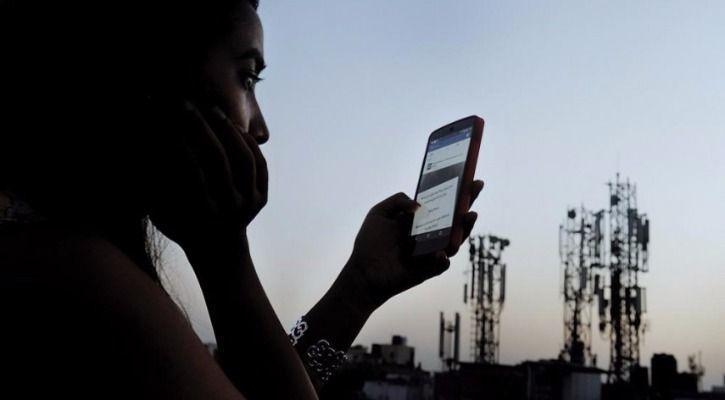Technology
Nigeria Suffers $82.7 Million Economic Loss from Internet Shutdowns in 2022
Nigeria, Africa’s largest economy ranked 8th in the world for the most impacted economy for internet shutdowns in 2022

Telecommunications
Lagos Residents Frustrated by Rapid Data Drain, Call for NCC Action
Social Media
Meta Shuts Down 63,000 Nigerian Accounts in Sextortion Crackdown
Fintech
Flutterwave Celebrates Inclusion in CNBC’s Top 250 Global Fintechs
-

 Billionaire Watch2 weeks ago
Billionaire Watch2 weeks agoWarren Buffett Donates $5.3 Billion in Berkshire Shares to Charities
-

 Startups4 weeks ago
Startups4 weeks agoFormer Konga CEO Nick Imudia Dies by Suicide in Lagos Home
-

 News4 weeks ago
News4 weeks agoJoke Silva Quashes Death Rumors, Confirms Olu Jacobs is Alive
-

 News4 weeks ago
News4 weeks agoNorth Israel Turns Into Ghost Towns Amid Hezbollah Missile Barrage
-

 Bitcoin4 weeks ago
Bitcoin4 weeks agoBitcoin Slumps 13% in Q2, Prompting Investor Concerns
-

 Naira4 weeks ago
Naira4 weeks agoNigeria’s Foreign-Exchange Woes Intensify with Prolonged Naira Decline
-

 Forex3 weeks ago
Forex3 weeks agoNigerian Banks Face Sanctions for Rejecting Small and Old US Dollar Notes
-

 Treasury Bills4 weeks ago
Treasury Bills4 weeks agoCBN Treasury Bills Auction Oversubscribed by 338%, Raises N284.26bn

























